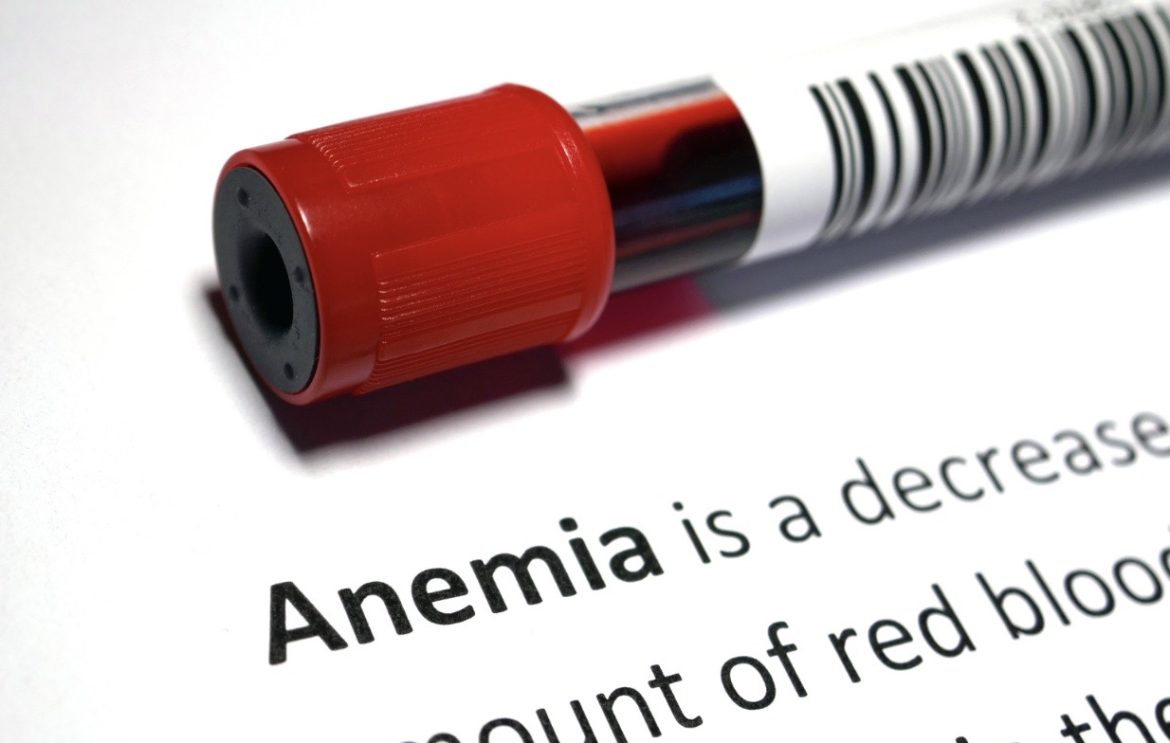The German Society for Transfusion Medicine and Immunohaematology has emphasised the crucial role of iron in health, as it aids in blood formation and transports essential oxygen to the body’s organs.
Iron deficiency is particularly common among women due to blood loss during menstruation and increased iron needs during pregnancy and breastfeeding.
Symptoms of iron deficiency include fatigue, exhaustion, pale skin, difficulty concentrating, and a heightened susceptibility to infections.
Dietary Sources
To replenish iron stores, it is advisable to consume iron-rich foods, such as legumes (e.g., lentils and beans), whole grains, red meat, and leafy green vegetables like spinach. Vitamin C can enhance the body’s iron absorption, so pairing iron-rich foods with vitamin C-rich options, such as bell peppers, lemons, and oranges, is beneficial.
Conversely, drinks that inhibit iron absorption, such as black tea and coffee, should be avoided immediately after consuming iron-rich foods. In cases of severe deficiency, iron supplements may be recommended; however, these should be taken under medical supervision.













